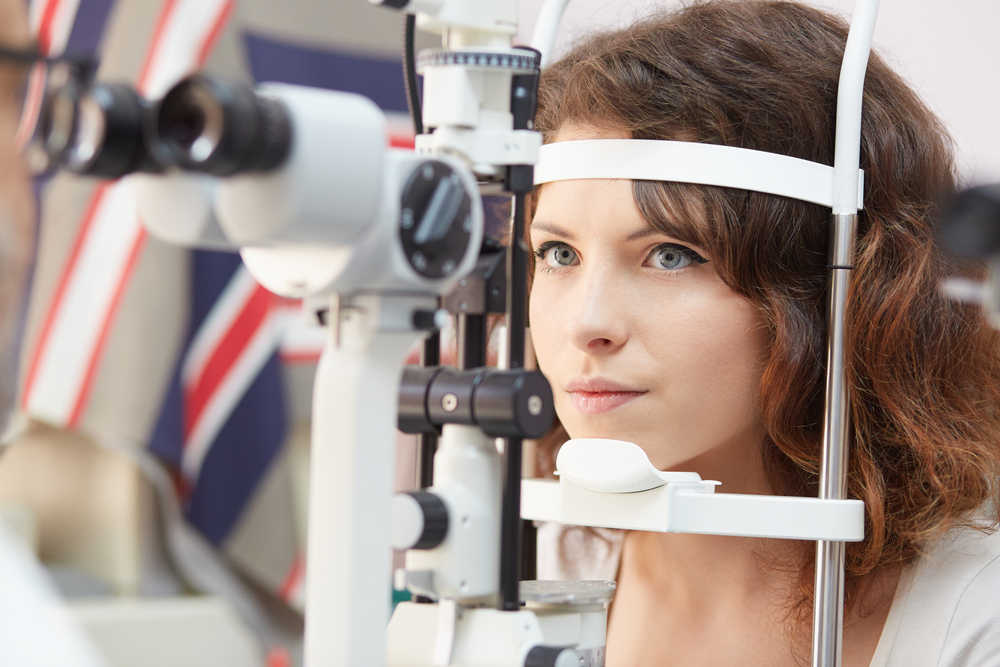
Comprehensive eye exams are an essential part of vision and eye care, in addition to overall health. Many vision and eye problems have no obvious symptoms and signs. This can make it difficult to know that a problem exists. This can lead to complications or even loss of vision. However, early diagnosis and treatment can help prevent these problems.
Your symptoms, along with your eye doctor’s professional judgment, will determine what tests you need to undergo. A comprehensive eye exam is not as bad as many people think. While it involves letting an eye doctor be up close and personal with your eyes, it is actually a tame examination overall.
Do You Need a Comprehensive Eye Exam?
Many people believe that they do not need to visit an eye doctor because they can see well. Of course, having good eyesight is important. However, you need to understand that a comprehensive eye exam involves more than just testing your vision. Your eyes can act as windows that offer a look into your overall health.
What Is a Comprehensive Eye Exam?
This is an eye examination performed by optometrists and is a critical part of preventative health care. You can liken it to an eye physical since it looks at the entire visual system, in addition to prescriptions.
This type of examination can detect signs of eye disorders and diseases such as retinal detachment, cataracts, glaucoma, and macular degeneration. It can also detect other systemic health issues such as high blood pressure and diabetes.
What to Expect During the Examination
A comprehensive eye exam involves several procedures and tests meant to determine your eye health. They range from simple assessments to more complex tests. Some of these include:
Patient History
Your eye doctor will ask you about any vision or eye problems you may be currently having. They will also ask about your overall health. If you have any vision or eye problem, your eye doctor will want to know when they began, as well as the medications you are currently taking. The patient history will also include any environmental or work-related conditions that may be affecting your eyes or vision.
Visual Acuity Test
The purpose of this test is to determine how clearly each of your eyes is seeing. Eye doctors often use reading charts to measure visual acuity. The doctor will ask you to read letters on a chart up-close and at a distance.
Preliminary Tests
Your eye doctor may want to evaluate certain aspects of your eye health and visual function. Preliminary tests may include peripheral vision, your pupils’ response to light, eye muscle movements, color vision, and depth perception.
Topography/Keratometry
These tests aim to measure the curvature of the patient’s cornea. Your eye doctor will focus a circle of light on your cornea and then measure its reflection. This test is especially helpful in determining the right contact lens fit.
Other tests performed during a comprehensive eye examination include:
Eye health evaluation.
Refraction test.
Eye movement, eye teaming, and eye focusing testing.
Supplemental tests based on the results of previous tests to rule out or confirm possible eye problems.
To learn more about comprehensive eye exams, visit Limestone Eye Care at our office in Lawrence, Kansas. You can call (785) 268-6880 today to schedule an appointment.








